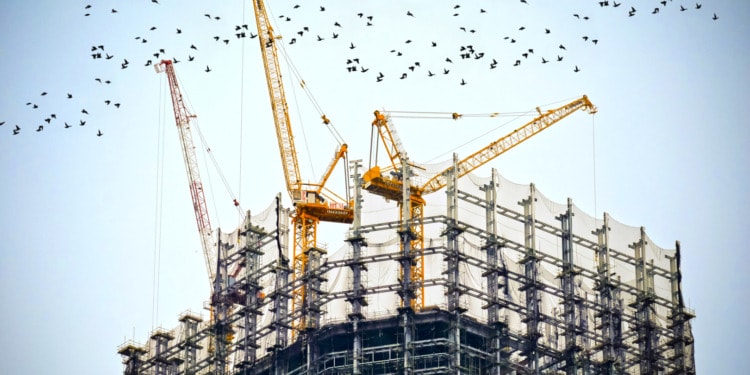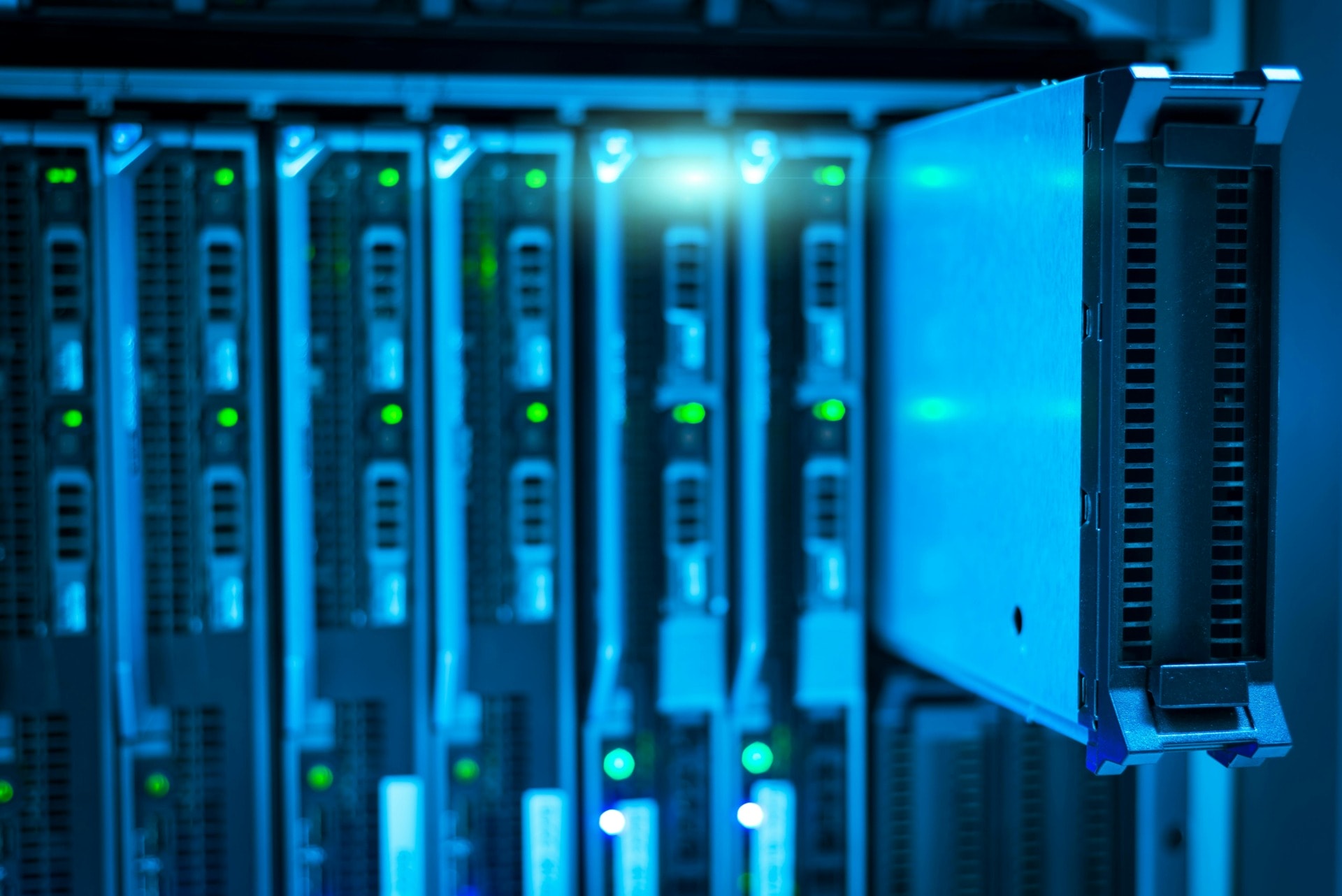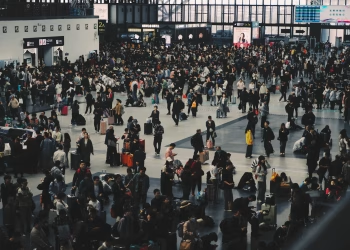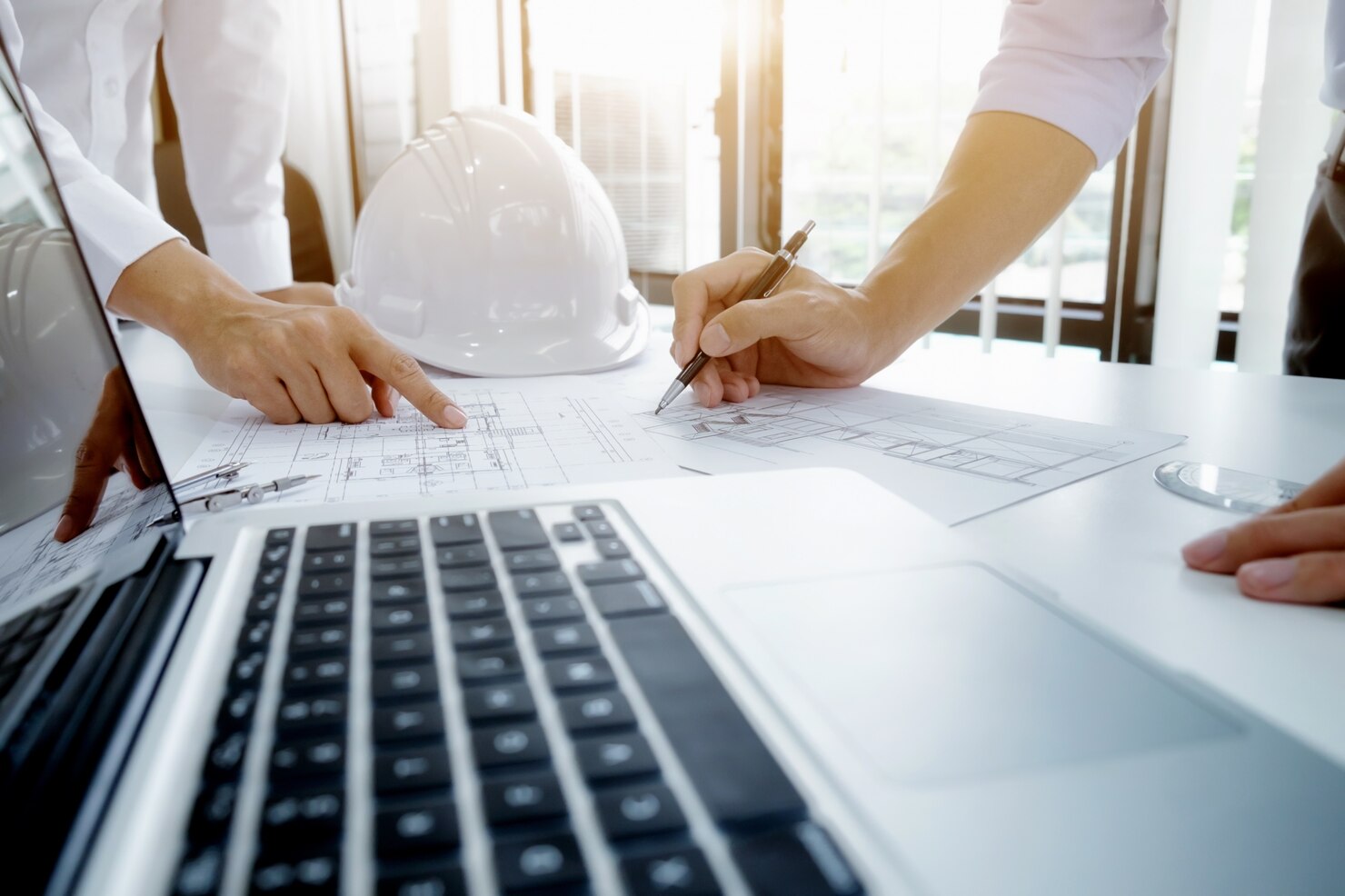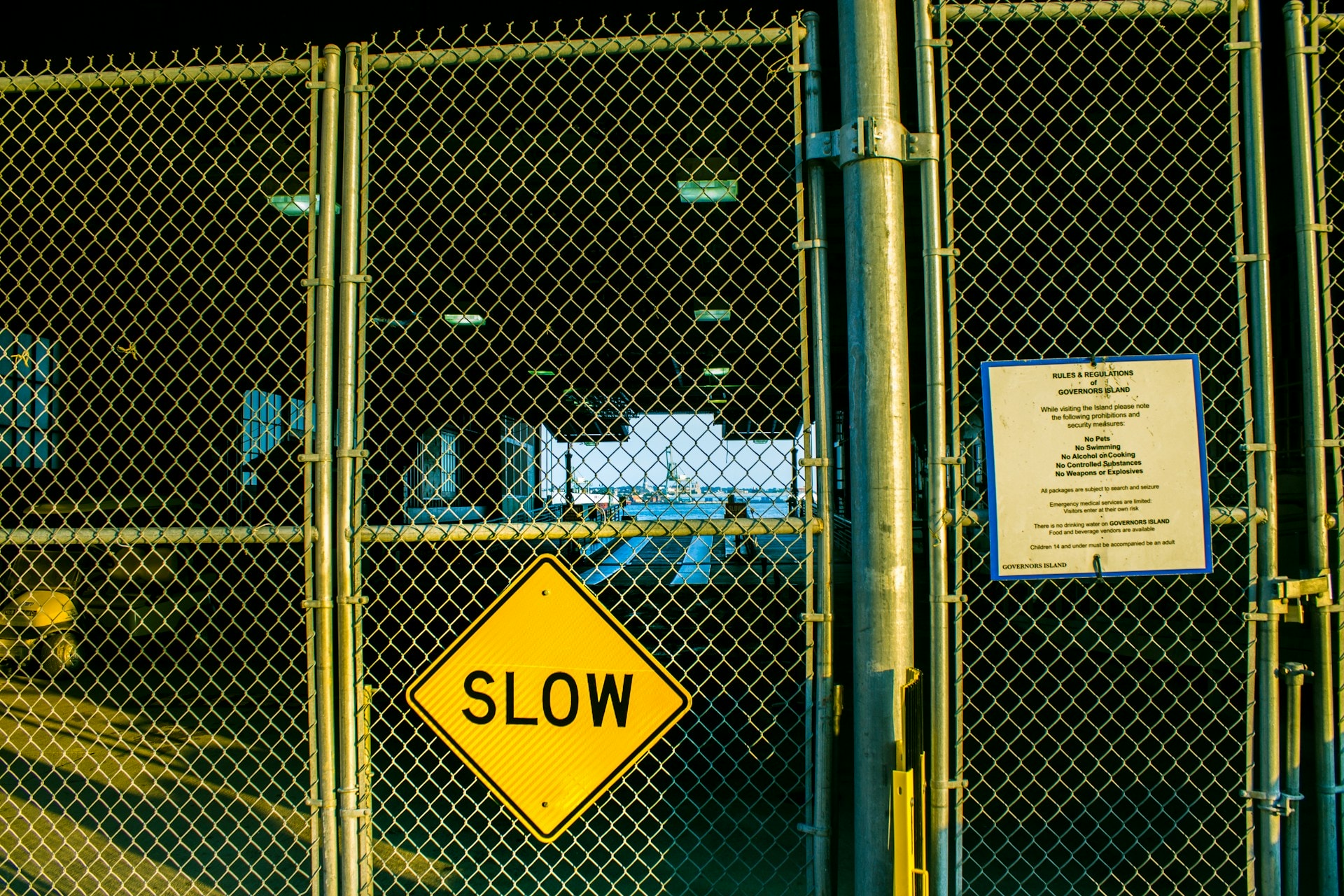Innovation has always been the driving force behind progress, and the building industry is no exception. With the rapid advancements in technology, artificial intelligence (AI) automation is revolutionizing the construction landscape and reshaping how buildings are created. From design to construction and maintenance, AI is transforming the building industry, making it more efficient, cost-effective, and sustainable.
Dutch Startup Monumental, established in 2021 by CEO Salar al Khafaji and CTO Sebastiaan Visse, focuses on creating advanced technology for automating construction processes, specifically in robotic bricklaying.
Since its inception, the startup has developed a comprehensive product that integrates its own robot hardware, software, and machine vision pipeline. All of this has been achieved by their dedicated team of 15 individuals.
This month, Monumental secured $25 million in funding from renowned investors, including Plural, Hummingbird, Northzone, Foundamental, and NP-Hard. The Dutch company intends to use the capital to expand its workforce of hardware and software engineers, enhance the capacity for deploying robots on various sites throughout Europe, and broaden the range of blocks and construction tasks that can be handled by the robots.
Currently, they are implementing their product on real construction sites throughout the Netherlands with a select group of pilot customers.
The construction startups’ robots resemble compact yet powerful autonomous ground vehicles well-equipped to navigate the challenging terrain of build sites. Each robot, powered by Monumental’s AI software Atrium, is designed to lay bricks with exceptional precision — mirroring that of skilled human labour.
The bold idea behind Monumental is to rent these robots to building contractors, cutting down on upfront costs and the financial risk associated with purchasing and maintaining such technology.
After a series of successful pilot projects in the Netherlands, including the construction of a 15-meter facade on an office and warehouse building, Monumental has continued to engage in significant projects, such as social housing, while also collaborating with leading construction firms.
The construction sector plays a vital role in the progress and advancement of any economy. The use of technology has revolutionized the way construction projects are carried out, resulting in improved productivity, efficiency, and sustainable results.
Robotics has been instrumental in driving this transformation, with companies specializing in robotic systems and services becoming major players in the construction industry. Here’s a glimpse into some of these companies.
- Construction Robotics is a renowned company in the field of construction robotics, offering the SAM100 machine that automates the tasks of masonry work. This innovative technology has proven to be highly effective, as it can perform the work equivalent to that of six skilled masons. The implementation of this machine has resulted in a significant 50% decrease in labour costs and has also doubled the speed at which buildings are constructed.
- Boston Dynamics is famous for its Atlas robot, renowned for its ability to complete various tasks including navigating staircases and operating doors. The robot is primarily intended to aid in construction endeavours, particularly during demolition projects and BIM modeling.
- Fastbrick Robotics utilizes cutting-edge technology to automate the process of bricklaying. Their remarkable robot for bricklaying can lay up to 1,000 bricks per hour, which is equivalent to the output of three human masons. As a result, the construction of a brick wall can be completed in just a few hours, a task that would normally take several days if done manually.
The Benefits of Automation in Construction
The integration of automation in the construction industry brings about numerous benefits. One of the key advantages is the ability to optimize building design for energy efficiency, structural strength, and aesthetic appeal. This not only results in more sustainable buildings but also reduces costs associated with energy consumption and maintenance in the long run.
Furthermore, AI-powered robotics and machinery are increasingly taking over manual labour tasks, enhancing productivity and reducing the risk of human error. For instance, autonomous drones equipped with AI algorithms can survey construction sites and gather data, providing real-time insights for project managers and streamlining the decision-making process.
Related Articles: Sustainable Buildings: Pioneering a Green Revolution in Urban Design | Green Construction Revolution: How Much Will It Cost? | How a New Carbon-Neutral Concrete Could Shrink Construction’s Expanding Footprint
Robots can also be utilized for heavy lifting and repetitive tasks, freeing human workers to focus on more complex and creative aspects of the construction process.
AI automation also improves safety on construction sites. By replacing human workers in hazardous tasks, such as working at heights or in confined spaces, the risk of accidents and injuries is significantly reduced. AI-powered systems can monitor worker behaviour and detect potential safety hazards, providing immediate alerts and preventing accidents before they occur. This not only protects workers but also minimizes downtime due to accidents, resulting in more efficient construction timelines.
Future Challenges and Limitations
While AI automation brings about numerous benefits, it also presents certain challenges and limitations. One of the main challenges is the initial cost of implementing AI technologies in the construction industry.
Building AI-powered systems and infrastructure requires significant investment, which may be a barrier for smaller construction companies. However, as technology continues to evolve and become more accessible, the cost of implementing AI automation is expected to decrease, making it more feasible for a wider range of construction companies.
Another challenge is the potential impact on the workforce. As AI-powered robotics and machinery take over manual labor tasks, there is a concern that it may lead to job displacement.
However, it is important to note that AI automation in construction is not intended to replace human workers, but rather to augment their capabilities. By automating repetitive and hazardous tasks, AI frees up human workers to focus on more complex and creative aspects of the construction process
The Future of Construction
The building industry is undergoing a revolution with the integration of AI automation. From design optimisation to construction management and safety monitoring, AI is transforming the construction process. By harnessing the power of AI, construction companies can drive productivity, enhance safety, and deliver buildings that are smarter, safer, and more sustainable. The future of construction is here, and it is powered by AI automation.
Editor’s Note: The opinions expressed here by the authors are their own, not those of Impakter.com — Featured Photo Credit: Wikimedia Commons.


